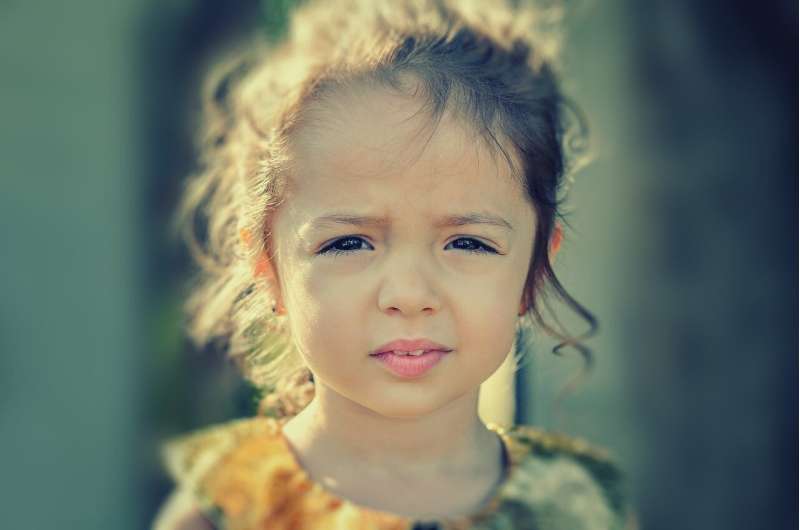Study reveals need to develop better measures of children's mental health

Children's mental health could be put at risk because systems of measuring their emotions and feelings about themselves are often not adequate, new research has suggested.
Schools and other organizations working with children are experiencing a surge in young people showing signs of stress, worry and pessimism, as well as other emotions, with the lockdown and COVID-19 restrictions adding to concerns about their wellbeing.
A study conducted at the University of Derby has examined a range of methods for measuring children's negative emotions about themselves (called self-referential emotions) to establish the most suitable measures teachers and other professionals can use when intervening to help a child.
Ph.D. researcher Hajra Ashra assessed those available and found almost 100 in use worldwide, but only eight were suitable for use in a non-clinical setting.
The study looked at the content and criteria used in the measures, as well as how well information given by the child could be interpreted, and how easily each measure could be re-tested.
Of those eight, the research has recommended two in particular—the Child Adolescent Perfectionism Scale (CAPS) and the Children's Automatic Thoughts Scale (CATS) – but no measure was found to deliver all the elements required for completely effective measurement of self-referential emotions.
Hajra Ashra said: "Government bodies are calling for evidence-based practice of mental health interventions for young people. Measuring negative emotions is an essential way of evaluating the wellbeing of a child, but the effectiveness of the interventions that professionals working with young people put in place to try and address these issues can only be evaluated effectively if the measures used are of suitable quality.
"What we found is that there were a number of non-clinical measurement tools available, but it was important to understand how rigorous and reliable each measure was, to help professionals make an informed choice about the methods they use.
"Many of the measures were quite generic, and none had criteria for self-referential emotional elements such as pessimism, anger, stress, loneliness or self-criticism.
"Overall, our review revealed that there is a paucity of measures suitable for assessing negative self-referential emotions in children and adolescents, and those that do exist require further development."
More information: Hajra Ashra et al. A Systematic Review of Self-Report Measures of Negative Self-Referential Emotions Developed for Non-Clinical Child and Adolescent Samples, Clinical Child and Family Psychology Review (2021). DOI: 10.1007/s10567-020-00339-9




















